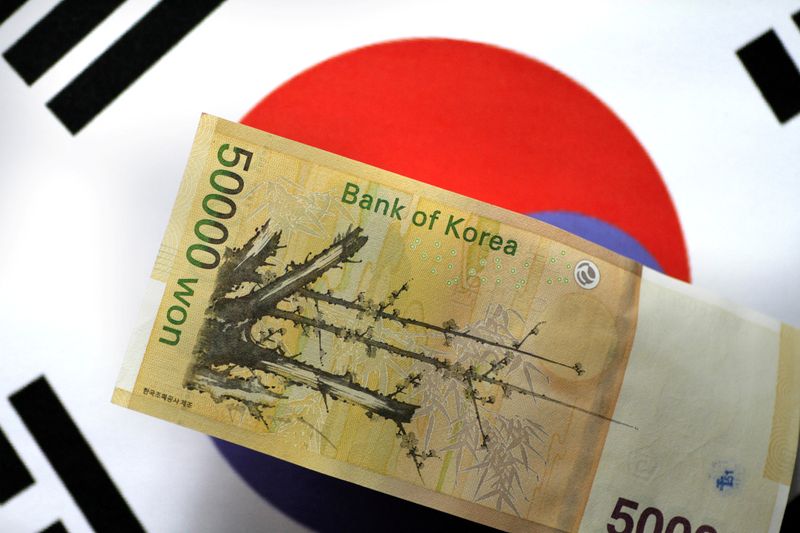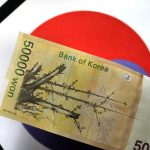“It is difficult to completely rule out the possibility of downward pressure strengthening again for the won,” the Bank of Korea said in its bi-annual financial stability report.
Among the major risk factors the bank cited for the currency were a pushback in expectations for U.S. interest rate cuts, geopolitical conflict in the Middle East, and weakness in the Japanese yen and the Chinese yuan currencies.
The finance chiefs of South Korea and Japan expressed a shared concern this week about sharp falls in their currencies and vowed to defend them, as they slid towards key psychological thresholds of 1,400 and 160 against the dollar respectively.
The won’s recent weakness was steeper than the rise in the U.S. dollar, while most investment banks still expect the won to stabilise towards the end of the year, the BOK said.
Domestically, the Korean central bank assessed the exposure to real estate project financing as a major risk factor for the country’s financial system.
There is a low possibility for real estate-related risks to turn into systemic issues, it said, but default risks have increased for real estate projects amid a sluggish property market and rising input costs, with delinquency rates rising fast in the non-bank financial sector.

The bank said it would strengthen monitoring of external and internal risk factors to ensure effective policy response.
It added that it would co-operate closely with other authorities to tackle unexpected market instability factors by deploying steadying measures in a timely fashion.
To read the full article, Click Here

